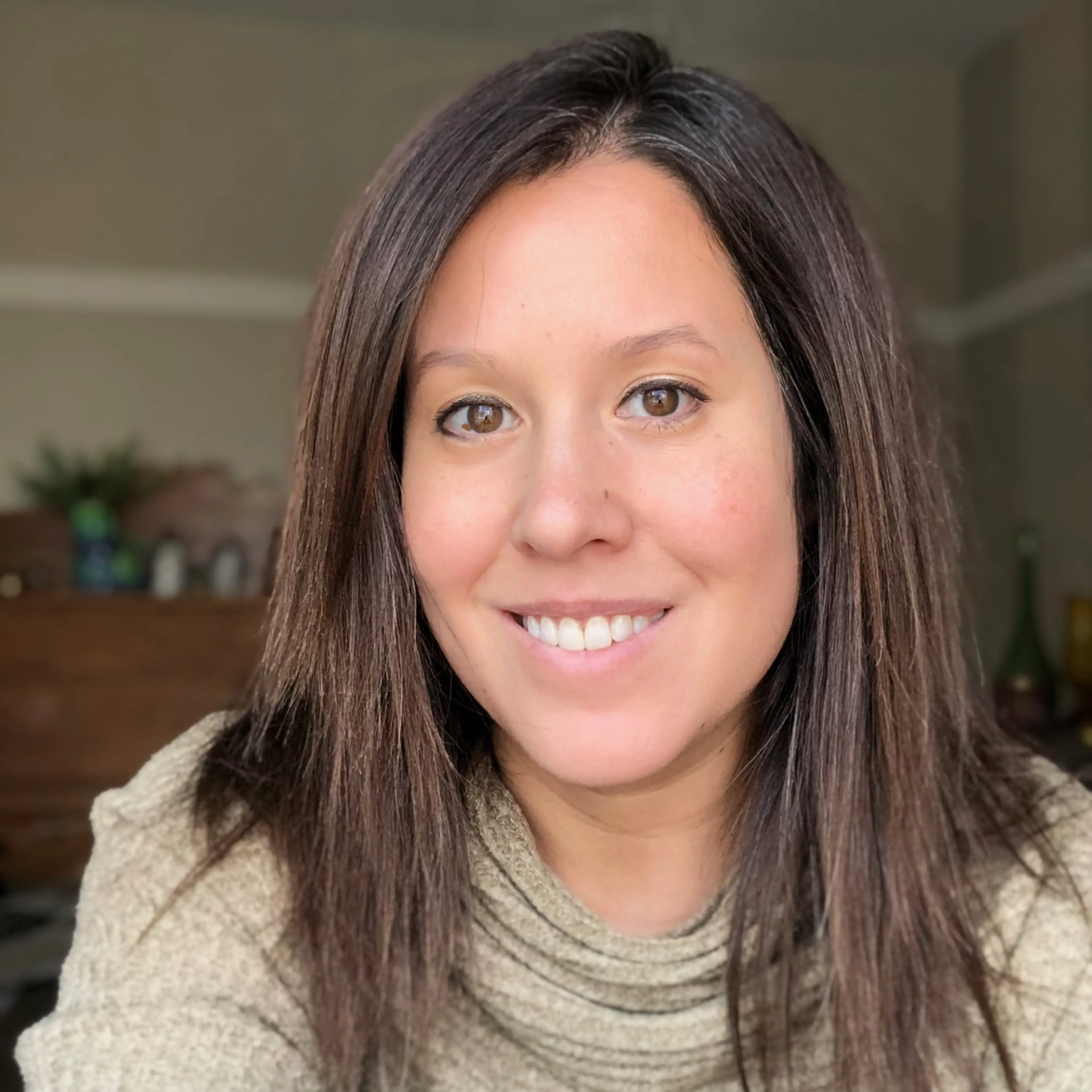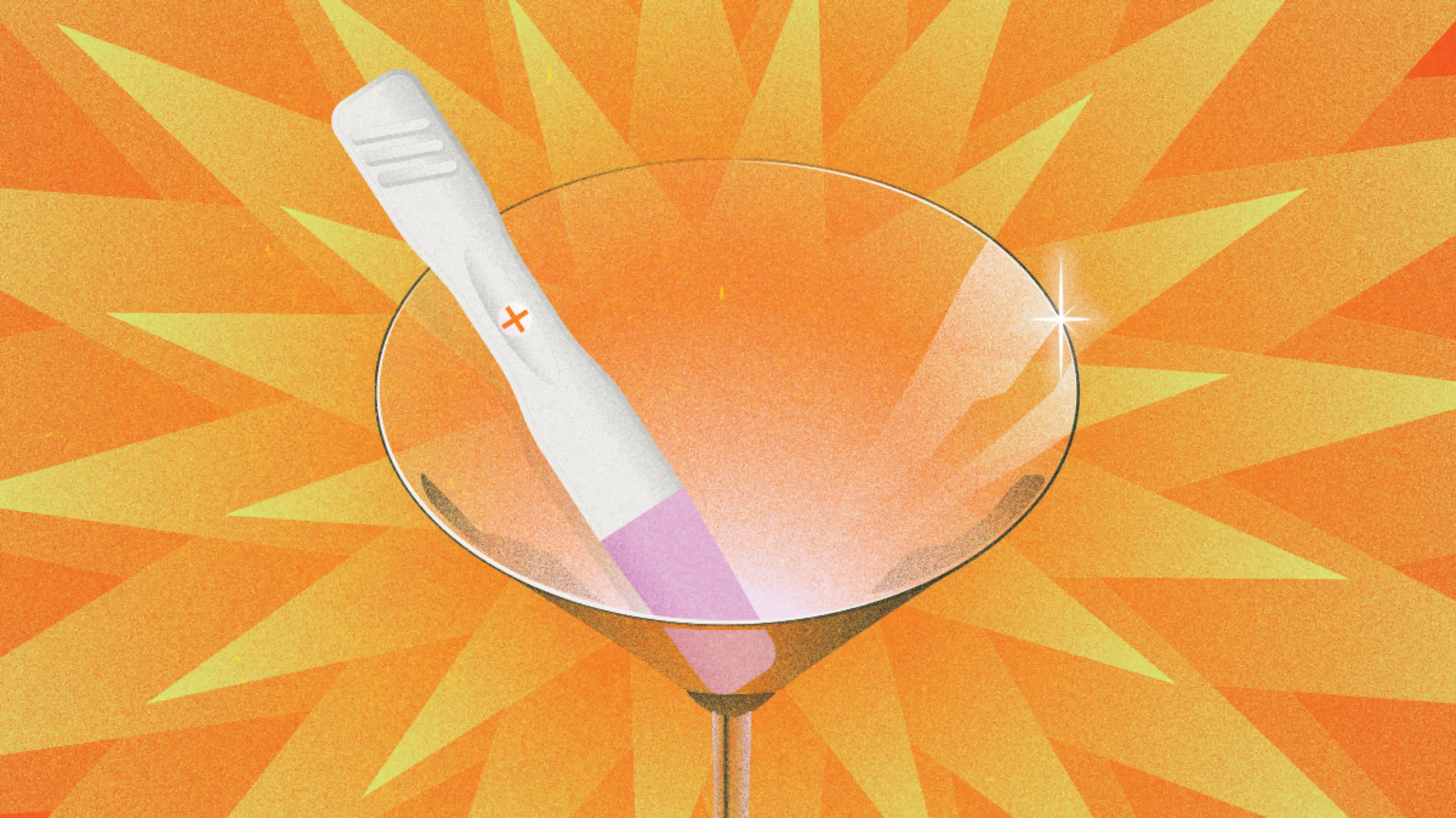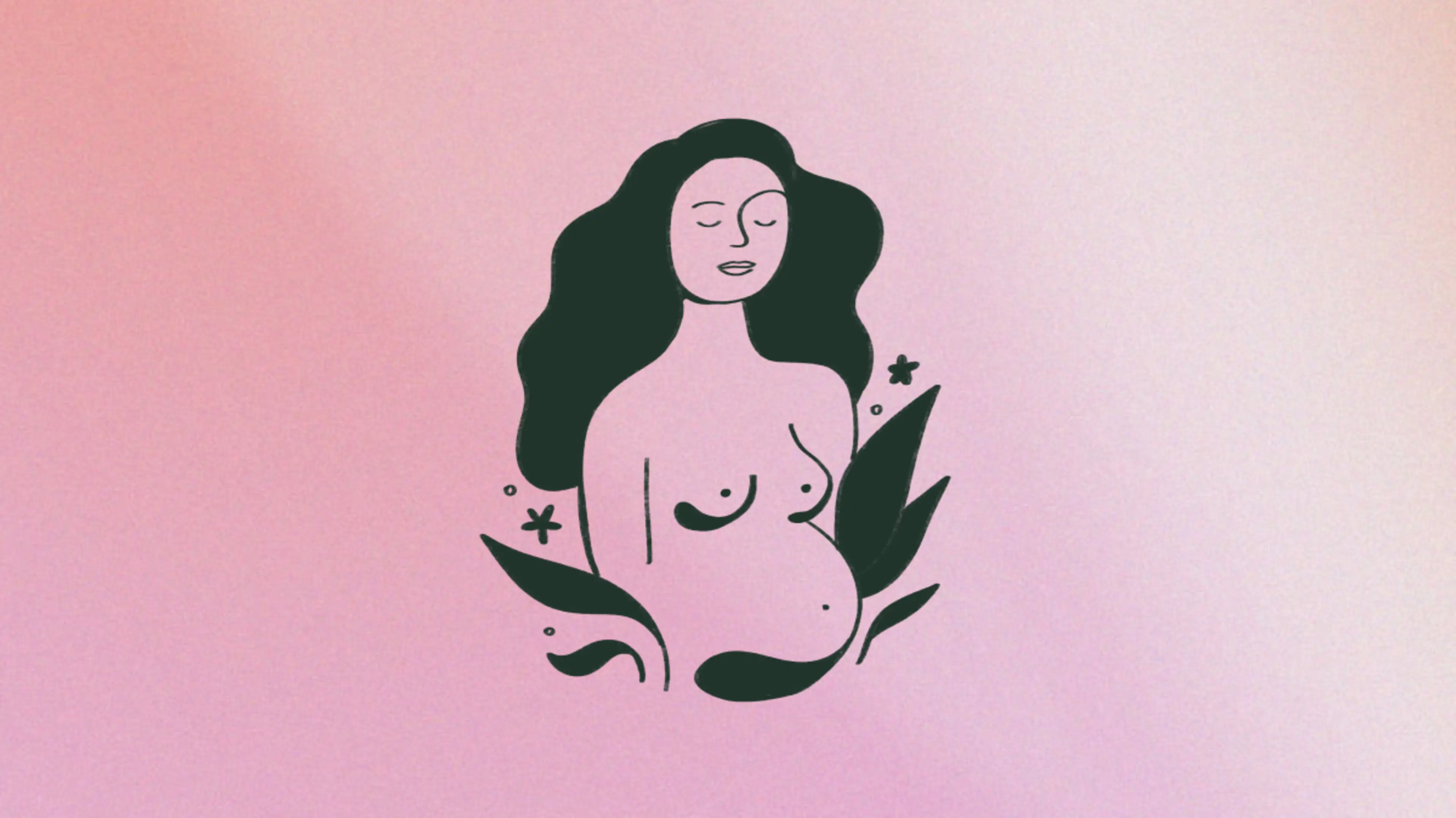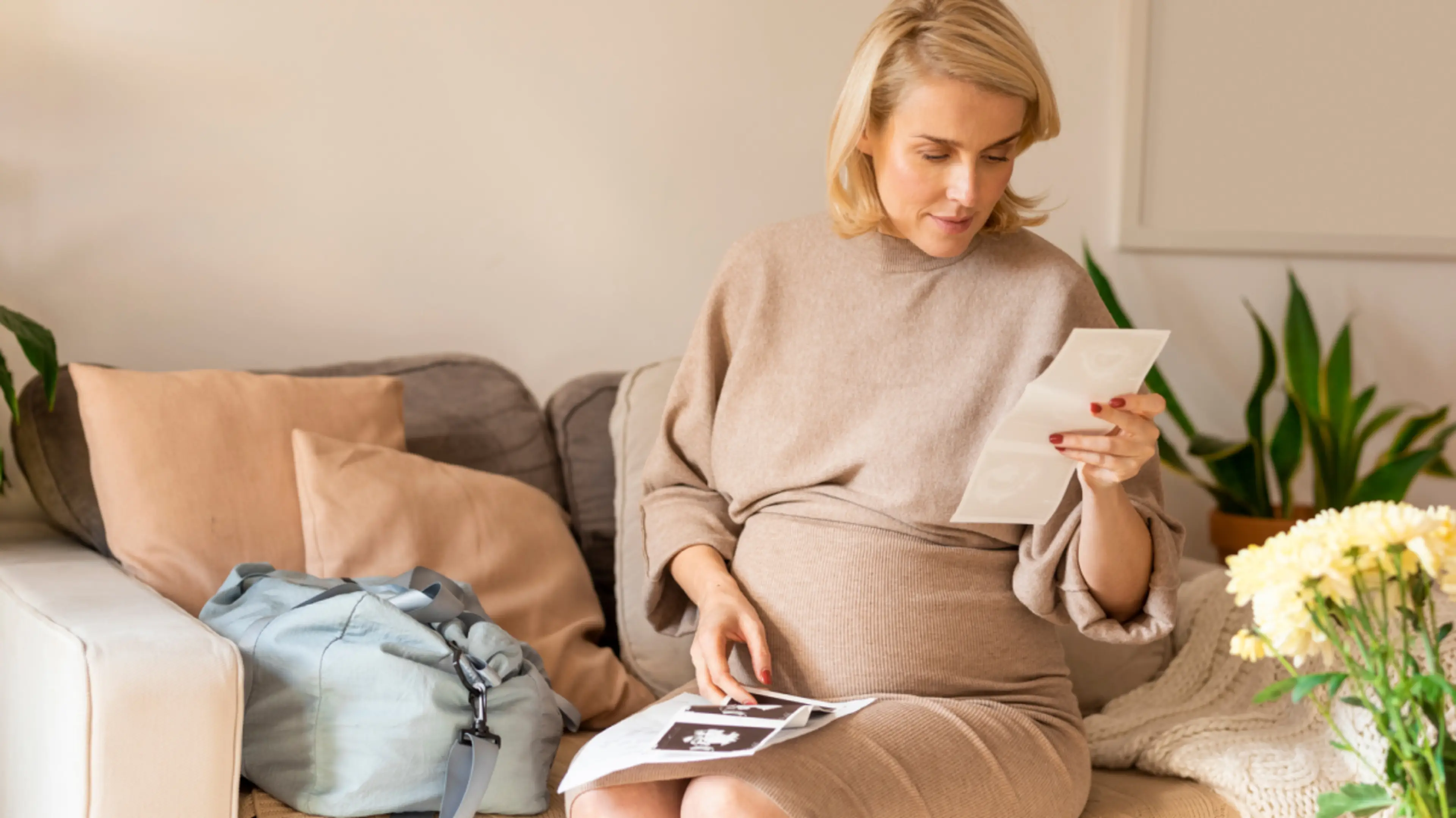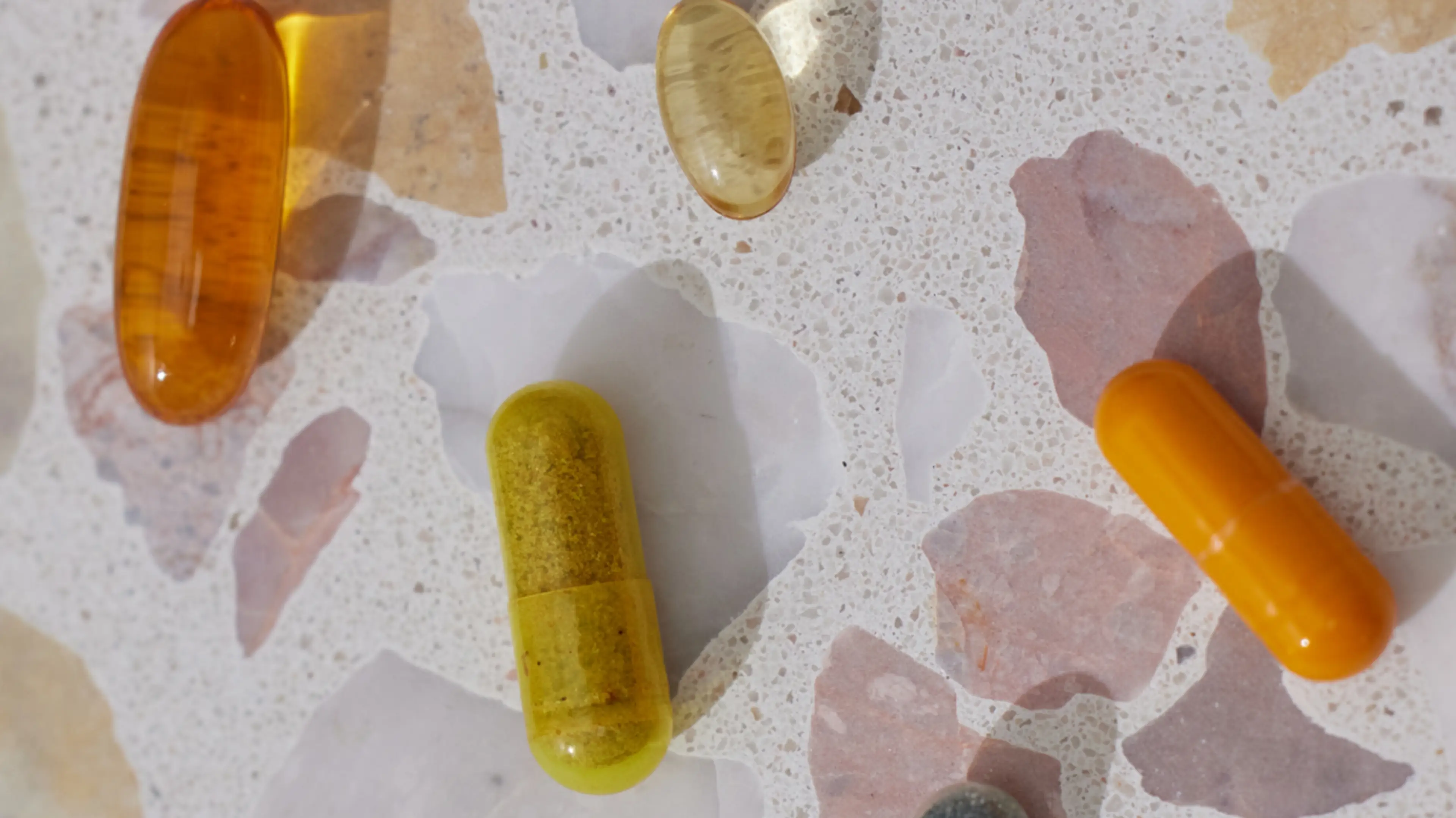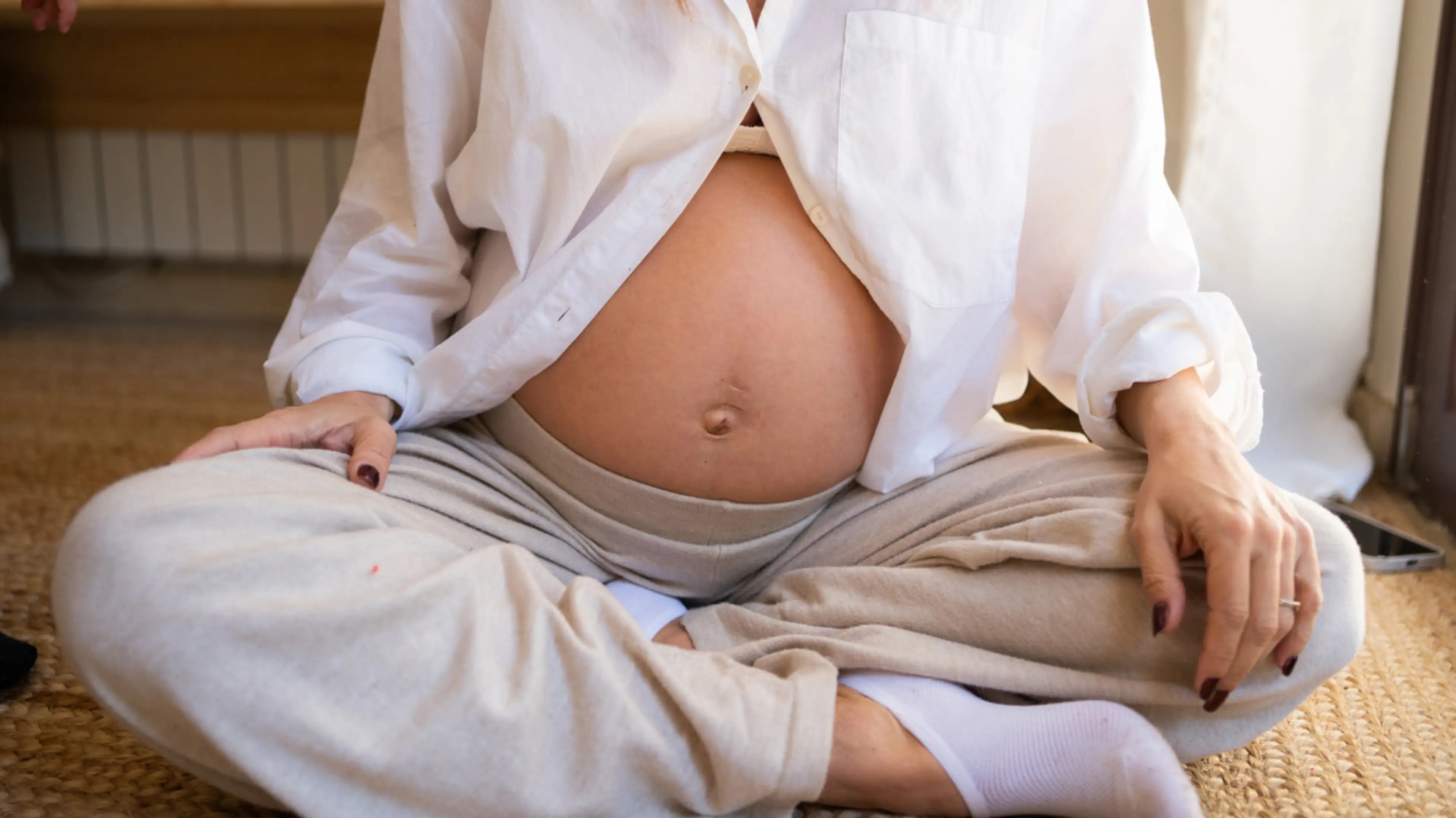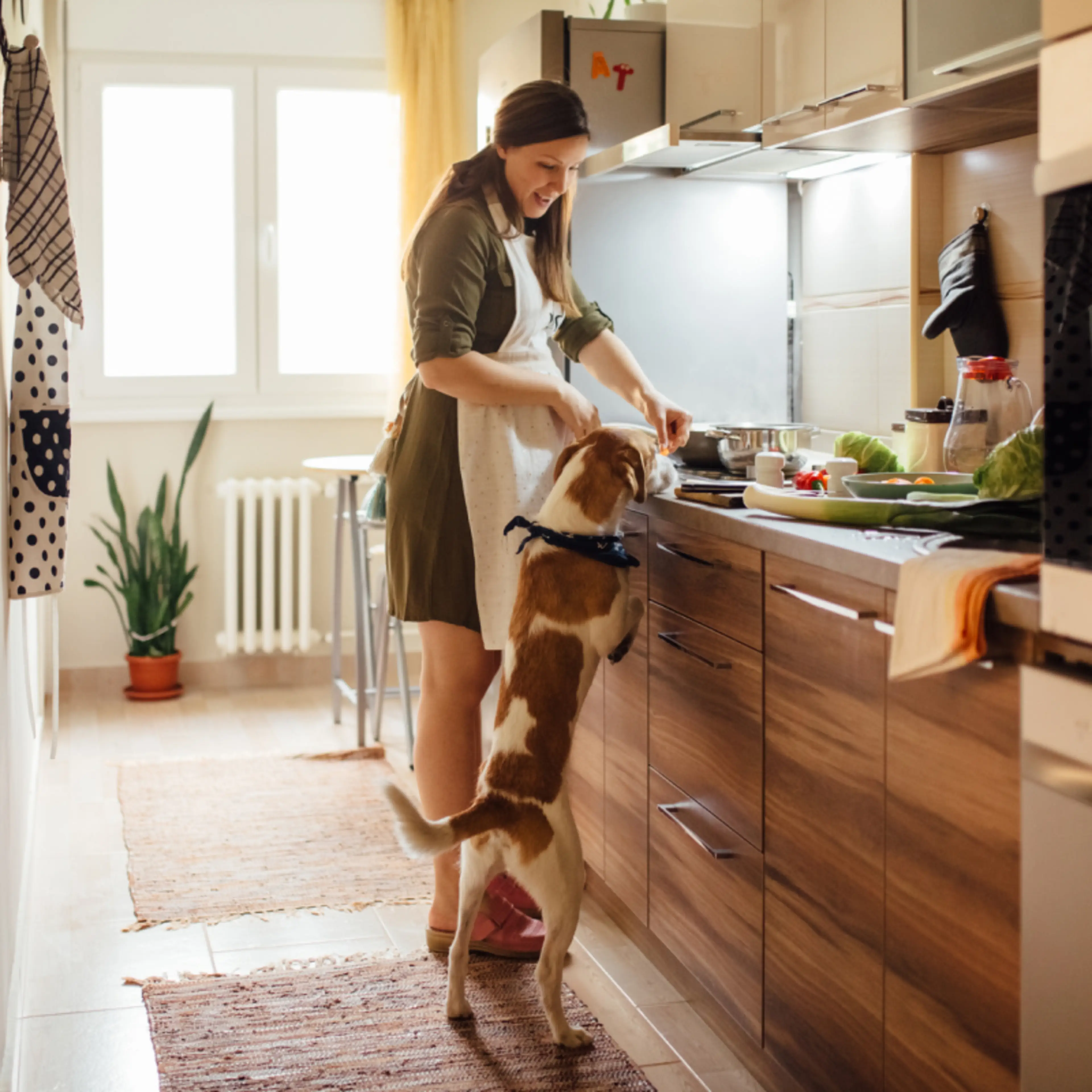You just got a positive pregnancy test—cue a rush of joy, excitement, and butterflies! But then, an intense anxiety creeps in along with an onslaught of questions: Did I imbibe a bit too much at happy hour last week? Was it a bad idea to take that edible to relax after a long day? Is my hair dye toxic? Could any of those things affect the pregnancy? Before you know it, you’re spiraling down an internet rabbit hole that’s leading you nowhere good.
First, take a deep breath and remember that countless women before you have had these exact same questions and concerns. The truth is, not all of us are actively planning a pregnancy before that little plus sign appears in our lives. So, how concerned should you really be about what you did in the weeks leading up to your positive result?
The short answer is nobody can really say for sure, says Dr. Jian Jenny Tang, an obstetrician and gynecologist at Mount Sinai Hospital and assistant professor in the department of obstetrics, gynecology, and reproductive science at the Icahn School of Medicine in New York. “We are really focusing on the two-week wait before you find out if you’re pregnant or not,” she says, and “nobody will ever be able to tell you [if these things are harmful], because we are not able to do studies at this early stage of embryology development.”
Dr Tang’s advice? If there is a chance you could become pregnant, use your best judgment and engage in certain behaviors—like drinking—in moderation. “I tell my patients to just try to live a healthy lifestyle and not go to extremes,” she says. "To me, everything in moderation is OK.”
If that doesn’t fully assuage your fears, Dr. Tang says a little lesson in embryology might.
A Bit About Embryo Development
In the two weeks before you found out you were pregnant, your egg met up with sperm, which became a fertilized egg, or zygote. This zygote then begins a week-long journey from your fallopian tube to the uterus. During this time, the zygote divides into more and more cells, creating one structure that will become the embryo (and eventually the fetus), and another that becomes the placenta, according to the Cleveland Clinic. 1
When there are 100 cells in this mass, it’s considered a blastocyst, says Dr. Tang. This usually occurs on day five or six after the egg has been fertilized. Then it takes about 10 to 12 days for that blastocyst to grow and implant into the uterine lining before you can even detect a pregnancy.
So, during the time in question, we are simply talking about a mass of cells—not an embryo or a fetus, says Dr. Tang. “The fertilized cells you have can potentially become a live baby, but when do you actually decide you’re pregnant?”
That distinction is important because you’re not really asking how drinking alcohol, vaping, or taking an edible could potentially harm your fetus, but whether it could harm a bundle of identical fertilized cells that haven’t implanted yet, she says.
Is it possible that drinking, particularly heavy drinking, could impact the development of the embryo? Yes, she says. Is there a chance that smoking could impact the quality of the oocytes (or immature eggs) and the environment for the blastocyst to implant? Also, yes. Could marijuana use create a toxic environment for the cells? Possibly. But, again, the answers to these questions are largely unknown and individualized, says Dr. Tang, so it’s important to keep that in perspective.
When Should You Really Stop Doing the Fun Stuff?
Here’s the deal: most conventional medical advice says it’s best to stop drinking any alcohol, using marijuana, and vaping before even trying to conceive. That’s fine for an ideal scenario, but we’re talking about all the beautiful messiness of real life—drinking before knowing you’re pregnant included!
In that case, most doctors will tell you to stop with alcohol and smoking as soon as you know you’re pregnant, says Dr. Tang. (Not to mention there is a laundry list of guidelines 2 from the American College of Obstetricians and Gynecologists to avoid or limit once you know for sure you’re pregnant.)
“The embryo is most vulnerable to [substances that can cause birth defects] during the embryonic period of development,” says Dr. Aparna Sridhar, associate clinical professor of Obstetrics & Gynecology at the David Geffen School of Medicine at UCLA, as this is when the organs start to develop. (The Cleveland Clinic defines this period as occurring between week three and week eight of pregnancy.) So, drinking, smoking, vaping, or using marijuana in moderation before you even knew you were pregnant (aka before you’ve realized you missed your period) is probably not going to hurt anything.
If you’re still questioning your choices, Dr. Sridhar says to stop the behavior and report it to your healthcare provider, who can give you sound medical advice. Read: Resist the urge to consult online health forums. “People have different experiences during pregnancy and sometimes things shared in these forums can make you really anxious,” she says.
For now, here’s what we know about each of the typical “vices” women worry about when looking back at the weeks before finding out they’re pregnant.
Drinking alcohol
We’ve established that drinking occasionally prior to your “OMG, I’m Pregnant!” moment is probably nothing to be too concerned about, but there is some debate about whether it’s okay to have a few drinks throughout your pregnancy. (Experts do agree that heavy drinking and binge drinking3 are decidedly not good for a growing embryo or fetus).
Emily Oster brought this idea to the forefront in 2013 with her book Expecting Better, 4 where she argued that evidence did not support that occasional drinking during pregnancy (up to one a day5 in later trimesters) was harmful to the baby. Her book was updated in 2021, and she stands by her assessment.
“It’s the one section of Expecting Better that I’ve carefully revisited every time I revise the book. This is a hard question to answer because of many underlying differences between women who drink in pregnancy and those who do not, but when we isolate papers that do a better job for controlling for these differences, we do not see evidence of negative impacts of occasional alcohol consumption,” she wrote in her newsletter ParentData by Emily.
In fact, another 2017 commentary 6 by Dr. Elizabeth Armstrong supports the idea that messaging around alcohol is not in line with the evidence. Dr. Armstrong writes, “There is no well-accepted scientific evidence that low or moderate levels of alcohol consumption during pregnancy—even in the first few days and weeks after conception—cause FAS [fetal alcohol syndrome] or other associated problems.”
Part of the issue is that it’s difficult to say if there is a safe level to drink, so the advice is more of a better safe than sorry approach. It’s tricky because factors like genetics, nutrition, and alcohol 7 metabolism of the pregnant person and the fetus are all part of the equation. That means every pregnant person’s risks are different, and even the same person's risks change with each pregnancy. “The genetic makeup of the fetus and mother, route of exposure, dose, and duration of exposure will determine the effect,” says Dr. Sridhar.
Bottom line: if you did imbibe a little during the two-week period before you got a positive pregnancy test, it’s probably (almost definitely) going to be fine. And if you’re still concerned, talk to your doctor to calm any lingering fears you may have.
Smoking and vaping
For real, smoking (and probably vaping) is a hard no for your health—pregnant or not. Why? When you smoke,8 toxic gasses and particles are released, which then get into your bloodstream and pretty much wreak havoc on your body. During pregnancy, those chemicals can then cross into the placenta and affect the growth of your fetus. That’s why it’s a good idea to stop smoking once you’re officially a mom-to-be.
Vaping is often touted as a safer alternative to smoking, but Dr. Tang says the chemicals involved in e-cigarettes9 are just as bad as the real thing. If you did light up an e-cig or puff on a few cigarettes before you knew you were pregnant, don't worry. The ball of fetal cells we talked about earlier will most likely not be affected by those toxins, according to Planned Parenthood.10
Using marijuana or CBD
Ok, so you took an edible to relax after work, and then two weeks later, oops, you found out you’re pregnant. Don’t freak out, the logic is the same as with drinking and smoking—using marijuana in that very early stage before implantation is likely not going to affect anything. Same goes for CBD,11 the non-high-giving counterpart to THC in cannabis. (Though, you may want to double-check your CBD dosage even if you aren’t pregnant.)
In both cases, there isn’t enough research to definitively say one way or the other how cannabis—CBD and THC—can affect a pregnancy that’s further along, or at what levels might be safe. Some studies on marijuana12 and pregnancy, specifically, have shown there could be an increased risk for complications, such as low birth weight, preterm birth, and stillbirth in people who use it regularly. Basically, “Be cautious with marijuana,” says Dr. Tang.
Eating raw fish, oysters, meat, and eggs
If you indulged in an all-you-can-eat sushi night shortly before your positive results, know this: the problem with raw fish,13 along with raw oysters, meat, and eggs is that they carry a higher risk of bacterial infections, such as toxoplasma, E.coli, salmonella, and listeria, says Dr. Tang. So, if you didn't get sick from eating that glorious sushi (or oysters or eggs) at the time, rest assured, you and your future baby are fine. If you did get an unlucky bout of food poisoning,14 it’s best to check in with your doctor to make sure the infection is history and you don’t have any signs of dehydration.
Using hair dye
A trip to the salon for a color refresh seems pretty harmless when it’s just you, but what about when you have a stowaway in your uterus? A lot of women worry about this, says Dr. Tang, who says the concern is in the dye getting absorbed into the scalp and then going into the bloodstream and later the placenta. However, there doesn’t seem to be much risk to your pregnancy—regardless of trimester—when getting your hair dyed15 or highlighted, particularly if the dye doesn’t get on your scalp. Either way, dying your hair right before finding out you’re pregnant is considered safe.
If You’re Still Worried, Talk With Your Doctor
Finding out you’re pregnant can certainly drum up some conflicting emotions—whether you feel happy and anxious or joyful and terrified, we’ve all been there. At the end of the day, if you had a drink, took an edible, or had a puff from an e-cig in the weeks leading up to a positive pregnancy test, it’s likely not a big deal.
If you still have a lot of questions or feel overly anxious about your pregnancy, it’s probably time to reach out to your healthcare provider. They can talk to you about any potential risks and closely monitor your baby’s development. Now is also a good time to start practicing a little self-forgiveness. Then just sit back, relax, and enjoy the wild ride that is pregnancy knowing that you’ve got this.
